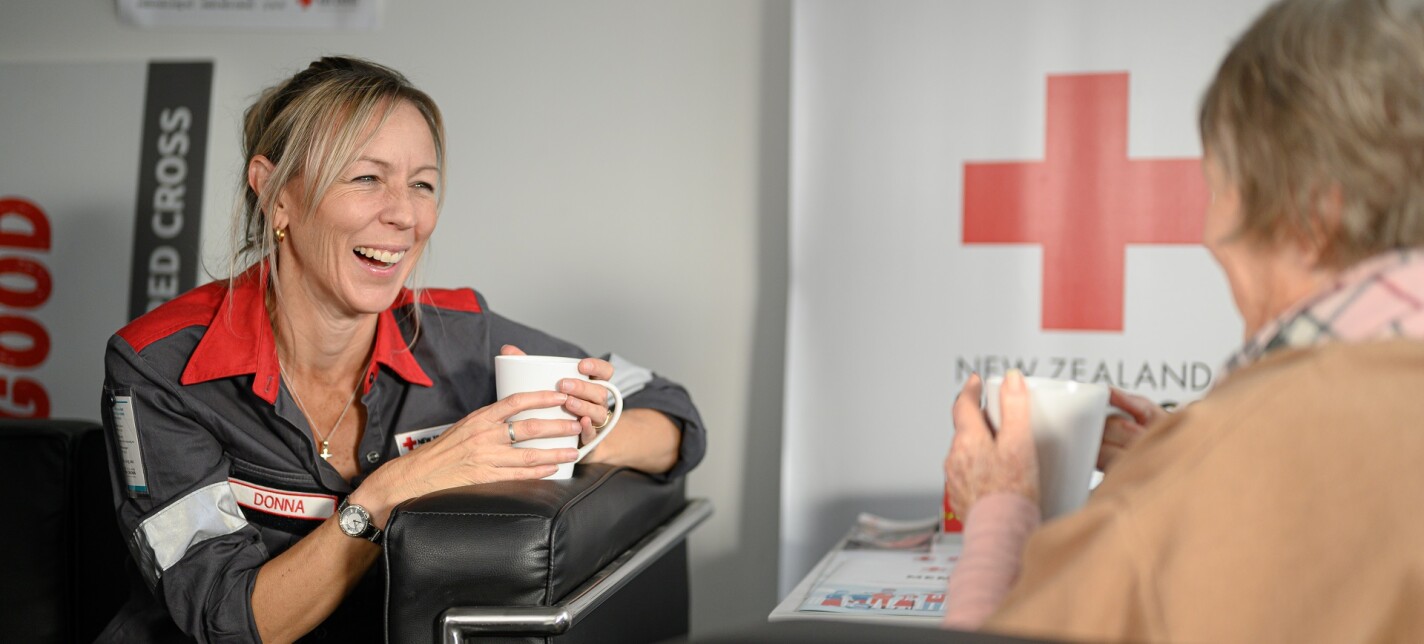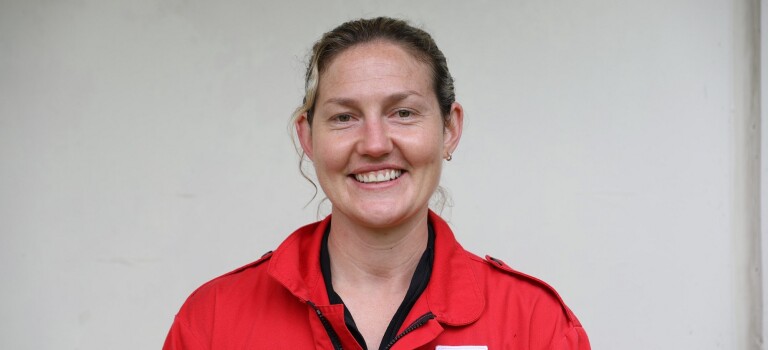Disaster Welfare and Support Team volunteer

Role description
Support your community before and during an emergency. Join your local Disaster Welfare and Support Team.
Your tasks
You could be deployed to assist in a flood, fire or other large-scale emergencies, and you’ll help with a range of activities that could include:
- Setting up and providing support in evacuation centres
- Undertaking needs assessments to understand what support people need
- Providing psychosocial support
We have 20 teams around the country that are prepared to help in their communities or in neighbouring regions at short notice. Teams are listed by their regular training location.
Support your community during an emergency. Join your local Disaster Welfare and Support Team (DWST) and help people prepare for disasters and to get through when an emergency or disaster happens.
Volunteer requirements and training
You’ll receive training in comprehensive first aid, psychological first aid, welfare support, and other essential skills for the role. Our teams train regularly and sometimes take part in scenario-based exercises with other response teams.
We need you to be physically fit, a good communicator and able to commit to your team for at least 12 months – some of our volunteers have been with us for more than 20 years.
Meet new people, gain a range of new skills and be there for your community. Apply to be a disaster welfare support volunteer now.
Health, Safety and Wellbeing (HSW)
We all have a responsibility for our own and others’ Health, Safety and Wellbeing (HSW) when undertaking activities on behalf of Red Cross. Therefore, it is important you:
- Take reasonable care of your own health and safety, do not adversely affect the HSW of others
- Complete health, safety and wellbeing induction, training, programmes and activities – as directed.
- Follow all reasonable instructions given to you relating to HSW.
- Cooperate and comply with New Zealand Red Cross policies, standards and procedures related to health, safety, and wellbeing.
- Use personal protective equipment (PPE) if required, to undertake any work activity
- If you identify a hazard and/or you are involved in an incident or near miss, report this straight away to your people leader
- Know what to do in an emergency – for example, how to escape during a fire or what to do if an earthquake occurs
- You must tell someone in charge if you have any health and safety concerns or worried about someone else’s health and safety
- New Zealand Police - support services (child/youth)
- Two referees for character checks
"I volunteered because I think DWST play a crucial role in disaster recovery. In an emergency DWST principally provides psychosocial support, which I think is an essential part of the recovery process for people – just as important as food and shelter".
Kendra Roddis, disaster welfare support volunteer

